$TM $HMC $NSANY
#JapanExports #USTariffs #AutoImports #TradeWar #EconomicImpact #GlobalTrade #MarketVolatility #TrumpTariffs #AutomotiveIndustry #JapanUSRelations
Japan has been significantly affected by the recent imposition of tariffs by the United States, with the country’s exports growth decelerating for the second consecutive month. The primary catalyst for this downturn has been the Trump administration’s decision to levy a 25% tariff on auto imports, a policy that went into effect on April 3. This move has placed substantial pressure on Japan, a country renowned for its robust automotive industry, which is a vital component of its economy.
The tariffs have been introduced amidst broader trade tensions and are set to disrupt the global automotive market significantly. Japan, being a leading exporter of automobiles to the United States, finds itself at the sharp end of these tariffs. Companies like Toyota Motor Corporation (TM), Honda Motor Co., Ltd. (HMC), and Nissan Motor Co., Ltd. (NSANY) are among those directly impacted. The repercussions of these tariffs are multifaceted, affecting not only the export volumes but also the operational costs and global supply chains of these automotive giants.
The implications of the U.S. tariffs extend beyond the automotive sector, bearing the potential to influence the broader economic relationship between Japan and the United States. Historically, the two nations have shared a symbiotic economic partnership, with each country benefiting from the other’s market. However, the newly imposed tariffs threaten to strain this relationship, posing risks of retaliatory measures and further escalation of trade tensions. Such developments could lead to increased market volatility and uncertainty, affecting investment and business decisions in both countries.
In response to the U.S. tariffs, Japan may seek to negotiate exemptions or engage in discussions aimed at reducing the tariffs’ impact on its automotive industry. However, the path forward remains uncertain, with the global political and economic landscape being highly dynamic. Stakeholders within the automotive industry and beyond will be closely monitoring the situation, gauging the long-term repercussions of these tariffs on international trade, economic growth, and geopolitical relationships. The coming months will be crucial in determining whether compromise and negotiations can mitigate the adverse effects of this policy or if it will lead to further divisions in global trade practices.


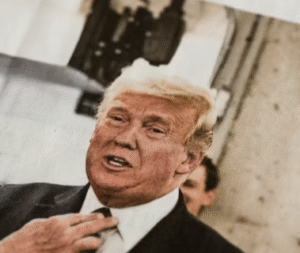

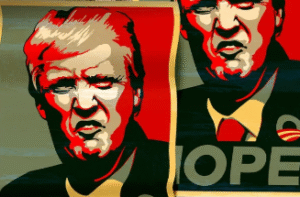
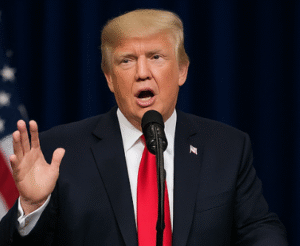
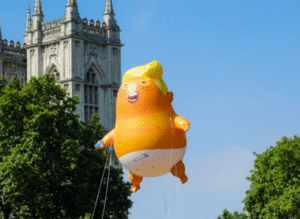
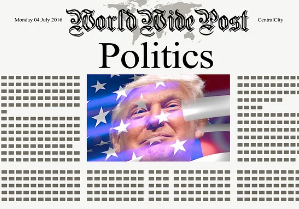
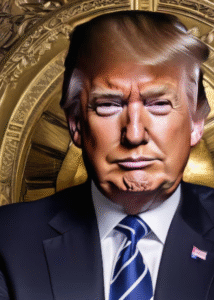
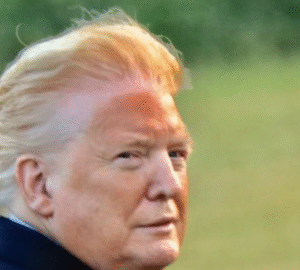
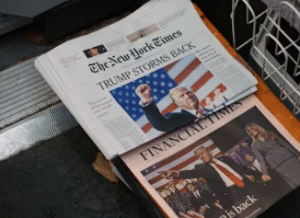
Comments are closed.